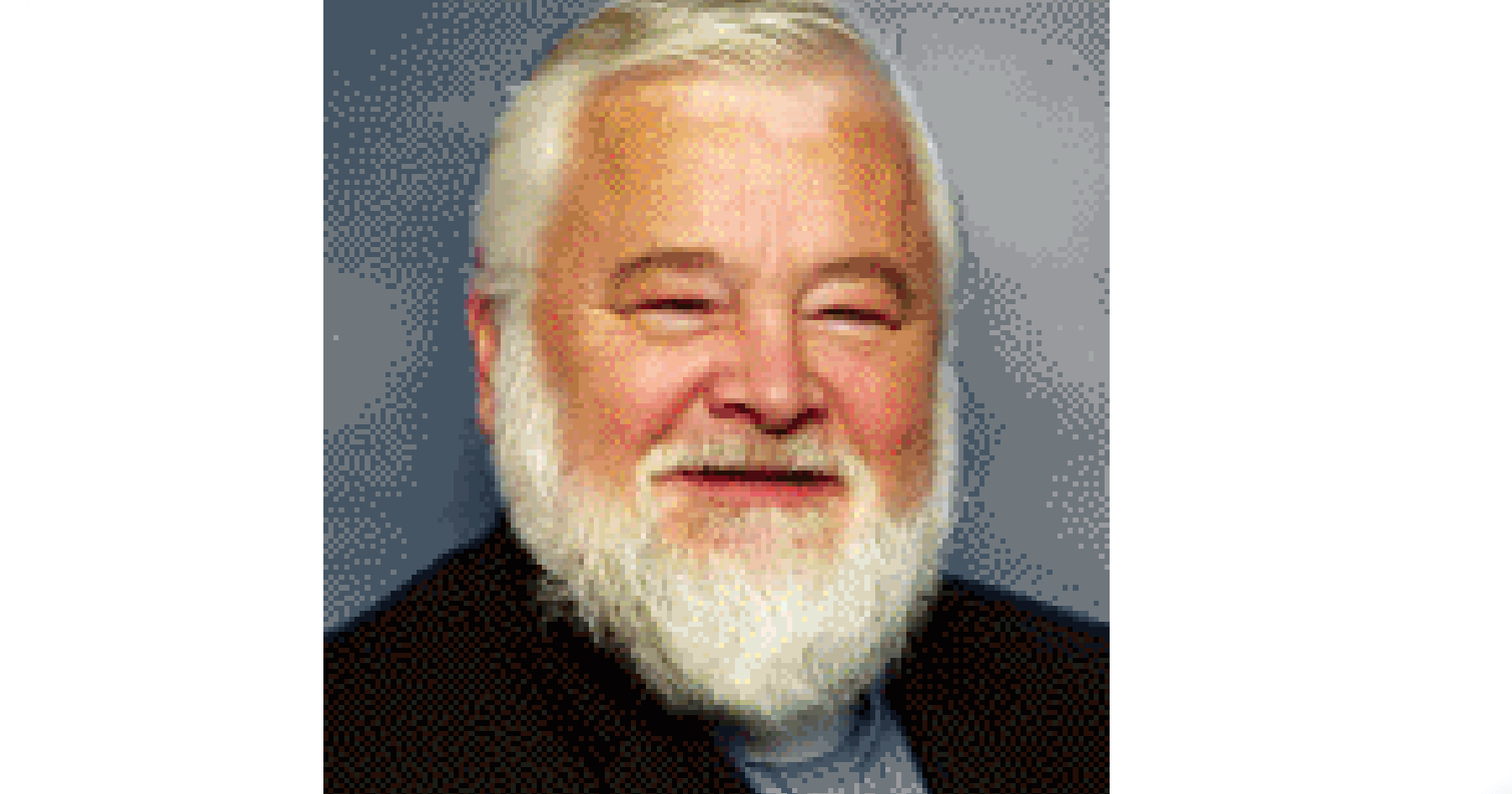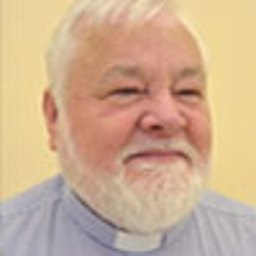2SLGBTQIA+
General Synod, Winnipeg, 2007. I wept at a table in the rapidly emptying conference room after another acrimonious debate on the motion to authorize dioceses to permit the blessing of same–gender unions. It passed in the House of Laity; it passed in the House of Clergy; it was lost in the House of Bishops. It felt like a gut punch.
General Synod, Vancouver, 2019. I wasn’t present, but I watched the live stream. It was the same issue, although the language had evolved. This time, the question was about allowing dioceses to solemnize same–gender marriages. It passed in the houses of laity and clergy, and again failed in the house of bishops. Again, after a very acrimonious debate.
Again, I was filled with tears and fears about whether our Anglican Church in Canada is really a welcoming place or not.
The editor asked me to “write about how the Anglican Church has grown in its inclusiveness of the LGBTQ community with a note about the church’s position on same-sex marriage” for this special edition of the Highway.
Let’s begin with the terminology. The acronym for this community continues to evolve as people seek to find adequate ways of self–identifying and self–expression. The current acronym, internationally recognized, is 2SLGBTQIA+. It stands for 2–Spirited, Lesbian, Gay, Bisexual, Transgender, Queer, Intersex, Asexual, plus the many other positive ways in which members of the community self–identify. It’s complicated, but we try to honour and respect the ways in which people choose to identify themselves.
I don’t have space to talk about the pronouns used by 2SLGBTQIA+ folks, but it’s equally important for us to become familiar with that issue. The time of an easy binary understanding of sexuality has come to an end.
I am a straight, white, cis–gender male. I have become a strong ally of my siblings within this community. I agree with Richard Rohr when he says that the point of Christian life is “to stand in radical solidarity with everyone and everything else,” even as God stands in solidarity with us. “Jesus had no trouble whatsoever with otherness.”
For that reason, the love of Jesus compels me to welcome all people as valued, precious, and beloved. All people bear within them the image of God.
Unfortunately, many within our Anglican church and the church more broadly understand it differently. I believe that while we have taken some very small baby steps, we still have such a long way to go. The sad truth is that we have not done very well at all.
While we may be more inclusive than some other denominations, it is also true that in those Dioceses which do not recognize same–gender marriages, I would not be welcomed as a priest. Our church remains deeply divided on this issue. Every time it has come up for debate in General Synod, laity and clergy have voted strongly in favour while the house of bishops continues to vote against it, never meeting the 66% threshold needed for passage.
Those debates have often turned ugly. Hurtful and hateful comments were heard against members of the 2SLGBTQIA+ community. When the decision was announced in Vancouver, many wept. I also wept at my computer as I watched the live stream. I despaired for our church.
After that vote, some dioceses decided to invoke “local option.” Each diocese would decide on its own about authorizing same–gender marriages. Thankfully, the Diocese of Kootenay, under the strong leadership of Archbishop Lynne, permitted priests and parishes to move ahead on this issue.
But that’s only a temporary measure. Before we celebrate too strongly, it remains true that a same–gender marriage performed in one diocese can still be considered non–canonical in another diocese. It won’t matter to those dioceses or bishops that same–gender marriage is the law of the land. There is still deep and strong discrimination in our church.
As I prepared to write this column, I talked with a dozen friends who identify as part of the 2SLGBTQIA+ community. Almost without exception, they have told me that they have lost faith in our church. They have been deeply hurt by the church’s failure to honour their very personhood. They have been traumatized, betrayed by a church which claims to follow Jesus, who welcomed all people to the table of reconciliation, compassion, and love. The church has failed to stand in solidarity with others.
The last General Synod (2023) authorized a set of Pastoral Liturgies for Journeys of Gender Affirmation and Transition. Again, it is a step forward. But let’s be clear: these liturgies will not be used in dioceses where the bishop is opposed. It does not foster a greater inclusiveness in our church, for there are still many pockets where 2SLGBTQIA+ folks are not welcomed or included. It will take much longer before the church is fully inclusive and welcoming.
Finally, the division is extraordinarily strong within the worldwide Anglican Communion. Because we are part of such a fraught communion, the acts of other national Anglican churches taint us. For example, in May, the Anglican Church in Uganda supported a law passed by Uganda’s Parliament to criminalize same–sex conduct, including the death penalty for those convicted of “aggravated homosexuality.”
We still have a lot of work to do. Either we follow Jesus who welcomed all people, or we fail to live as the “fellowship of the friends of Jesus” (Jurgen Moltmann’s felicitous phrase for the church). We may have taken one or two baby steps towards inclusion. We have not come nearly far enough, and certainly not quickly enough. My sense is that we have not yet achieved a spirit of inclusiveness in our church.




